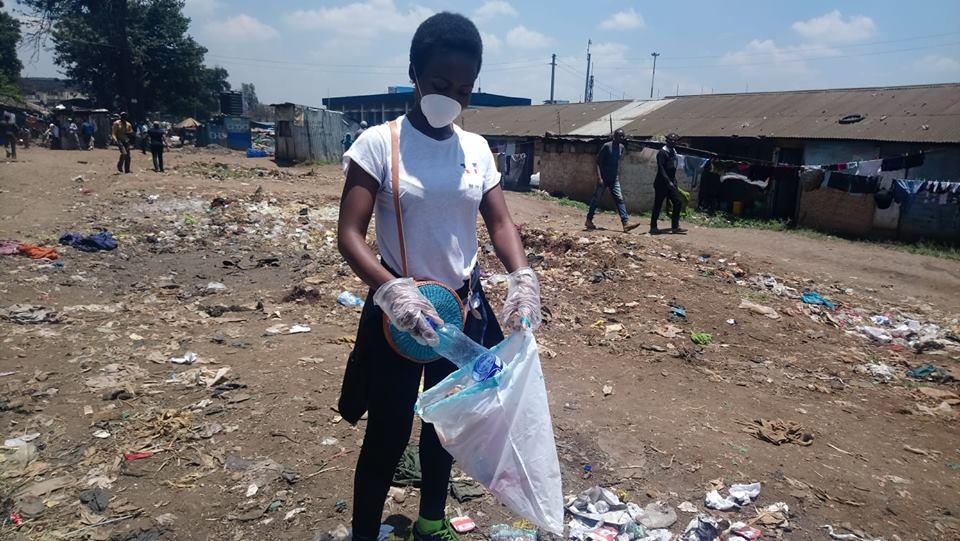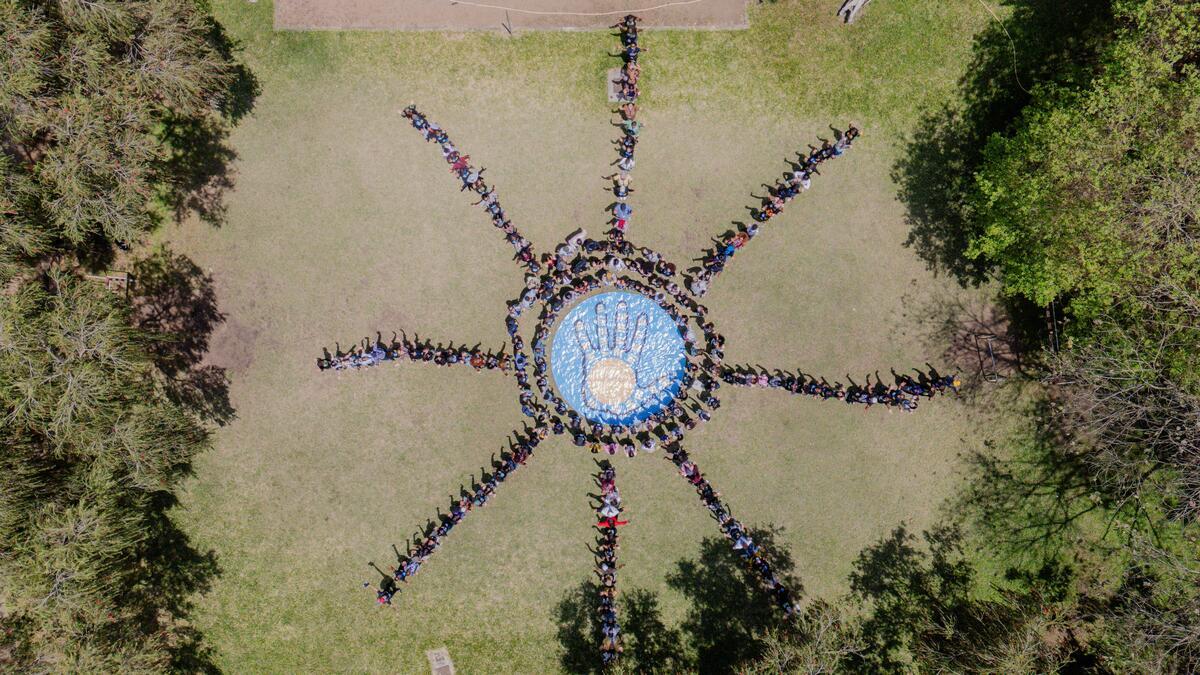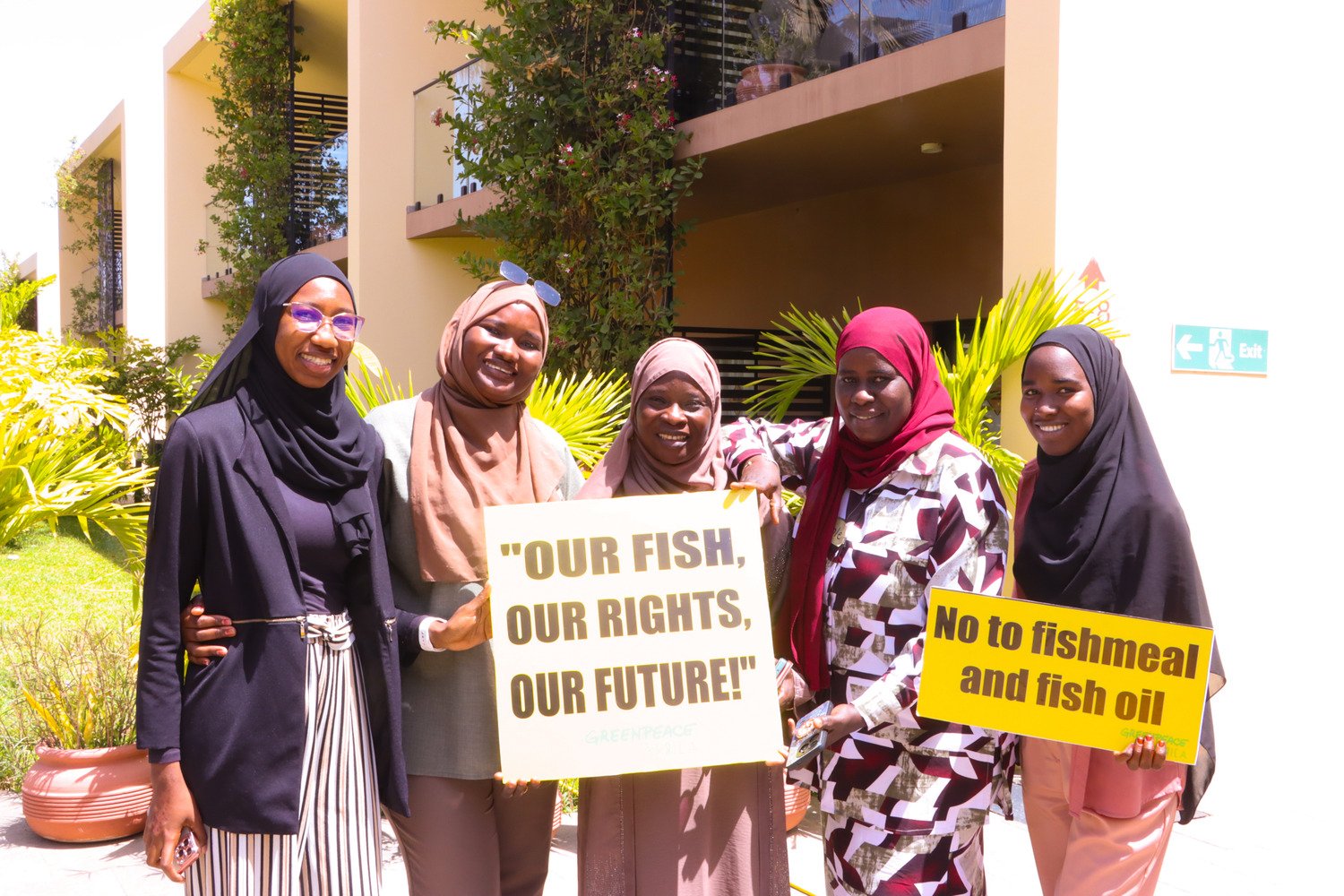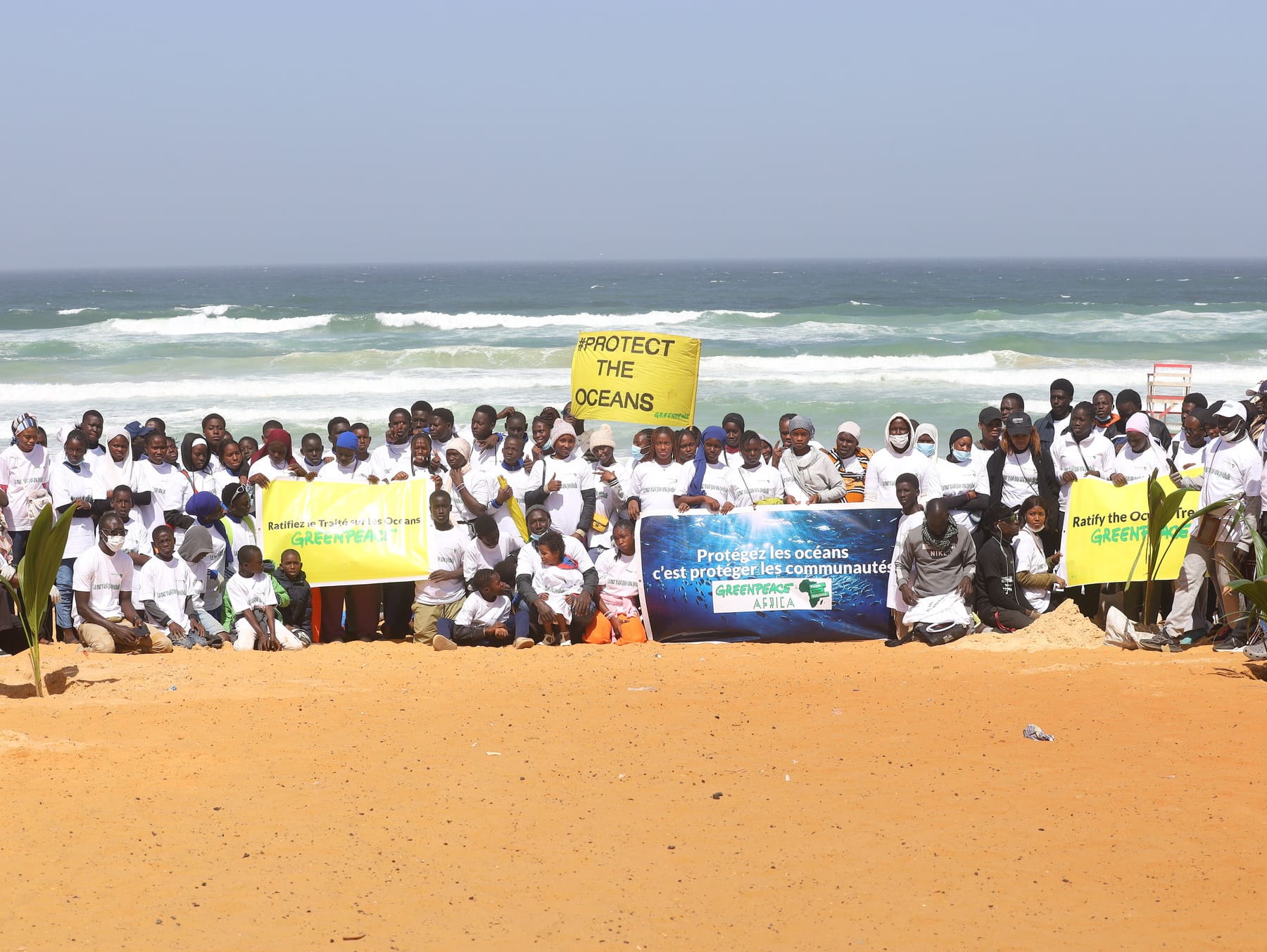The United Nations Environment Programme (UNEP), considers pollution as one of three threats our planet is facing, along with the climate crisis and the loss of nature. Among all sources of pollution and waste, plastic occupies the very top.
Every year, humans produce 300 million tonnes of plastic waste, including 11 million tonnes that eventually wind up in the ocean – projected to nearly triple by 2040 without urgent, large-scale action.
In my country, Senegal, artisanal fishermen and fish processing women don’t need UN reports to know that this crisis is real. Beaches and waters that were pristine not long ago are now infested with plastic bags, food wrappings, medical equipment, water bottles and caps, and waste from cargo ships.
Senegal is not unique in this: every urbanized corner in Africa has become plasticized in just a few decades. Plastic pollution is disproportionately hitting marginalized groups and it disproportionately hitting low-income countries too.
This assault on our ocean, our source of life and of livelihood, is directly linked to the degradation of the marine ecosystem through climate change and acidification. Around 99% per cent of plastic around the world is derived from dirty, non-renewable fossil fuels. By 2050, the plastic industry could account for 20% of the world’s total oil consumption and plastic pollution could make up 13% of the total global carbon budget.
Plastic’s durability and low cost makes it attractive to industries, but that quality also makes it detrimental to our health. Plastic never really disappears. It becomes smaller, with particles being swallowed by fish or farm animals and eventually consumed by humans in their food and tap water.
The ocean provides the main source of protein for more than a billion people around the world and a plastic-filled ocean means plastic-filled human bodies too. In Senegal, fish covers about 70% of the needs in animal proteins of the population. Swallowing plastic might increase the risk of cancer and cause hormonal issues, for both seafood and those eating it.
Fishing is the second largest sector in the economy and the main source of foreign currency. Plastic waste claims a heavy toll on an ecosystem already burdened by Illegal, Unreported and Unregulated (IUU) fishing, overfishing, fraud, the fishmeal industry, and more.
Plastic sometimes flows into the ocean with the currents. In other instances, it is purposefully being imported to Africa. In a recent example, German shipping giant Hapag-Lloyd has been caught in the act of fraud by Senegalese customs after fraudulently trying to bring 25 containers of plastic waste into the country.
It’s high time to end this waste colonialism. It should be replaced with mutual respect for human dignity and an unshaken commitment to sustainable development and the efforts being made by countries like Senegal to address the plastic pollution.
In 2020, an important decision was taken by the Senegalese government to ban water sachets and plastic cups. This updated legislation followed the plastic bags ban of 2015 and wasn’t showing any real commitment from local authorities regarding its effective application and implementation.
However it did set in motion the decision by, Ministers for Environmental Protection of the 15 member countries of the regional body ECOWAS (Economic Community of West African States) to ban plastic packaging in the region by 2025.
The regional position on the ban of plastic packaging, which must be applauded as the only way to get rid of plastics in our environment, poses a real threat to some big industries, who opt for advancing false solutions as a way of preventing good policies. False solutions neither promote a switch from a single-use to a reuse economy, nor the reduction of plastics being produced.
False solutions are a distraction from the root causes of the plastic waste crisis. As such, they enable the continuous production of single-use plastics – a favorite merchandise of corporate plastic polluters. Some examples include the false promise of recycling our way out of this crisis, dumping one’s rubbish into other countries, or ascribing too much hope to immature technologiess.
There is only one real solution to overcome the plastic crisis: ending the mass production of this toxic chemical.
Governments need to be focused and relentless: adopting bans on single-use plastics and tightening enforcement where they do exist is key so that we can hold big corporations accountable. Other positive measures include investing in research and development of reusable alternatives like bottles, stainless steel straws, or tote bags, and incentivizing their use.
Thanks to the growing movement of people demanding a plastic-free Africa and the increasing number of champion countries across the continent, we are thrilled to see positive steps toward a plastic-free Africa. With Ghana driving the call for a Global Plastic Treaty, we can share the strides made in Africa with the rest of the world.
And as Africa leads the way for a plastic free future, we hope the rest of the world would realize that our continent rejects the status of a global dumping ground. Instead of colonialist shortcuts, countries should invest in developing and adopting waste disposal systems and reusable alternatives.
Published originally in All Africa.
Awa Traore
Greenpeace Africa ocean campaigner,
based in Dakar





Discussion
Mindful of other plastic pollution mitigation efforts, compelling plastic producers to solely take responsibility of recycling thier waste products might spur them to divert to more environmentally friendlier packages. This model is recording successes in EU, South Korea and Japan. And recently, some districts in Canada and Maine are enacting similar laws to curb plastic pollution.
Thank you for sharing with us. Indeed, we need strict methods to reduce this catastrophe.